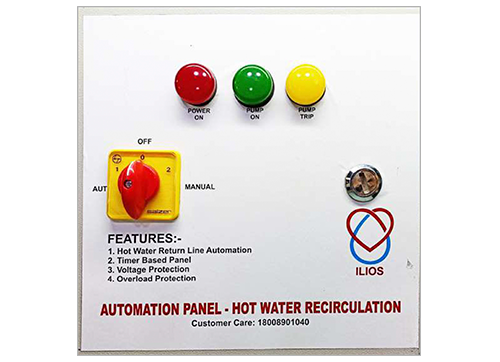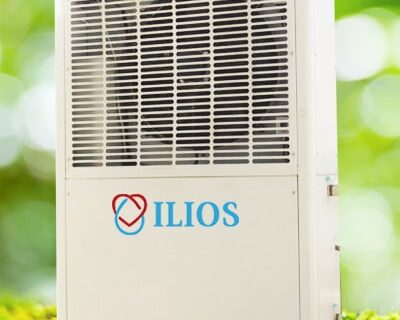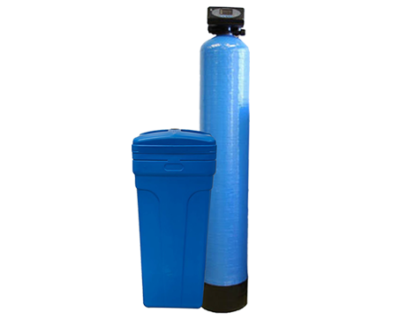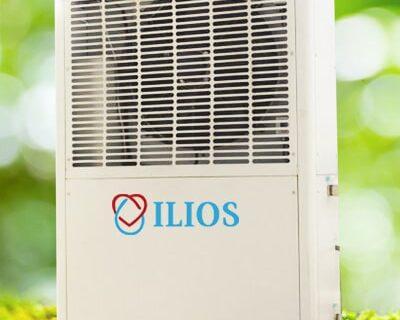
Control Panels for Pumps: A Comprehensive Guide
Control Panels for Pumps represent an essential prerequisite for the proper and safe performance of a pumping system. The scope is much wider than household water systems, commercial use, or industrial processing, where panels form the essence of pump capability. Here is an introduction to some of the basic pump control panels: what they are good for, varieties, and essentials in simple nontechnical terms.
What Are Pump Control Panels?
Control panel is an electric device that controls the working of the pump and supervises it in its operation. It acts like a central commanding center that shows when the pump should start, stop, or function in specific ways. Generally, pumps installed have different parts like relays, switches, and circuit breakers to function in an optimal and safe mode.
Why Do Pumps Need Control Panels?
With no control panels, it is pretty an in-efficient and dangerous affair to pump. Here are the reasons why pumps require control panels:
They allow automation in running pumps; therefore, human intervention is not required.
The control panel continues checking for overheating, short circuits, and dry running in order to prevent electrical and working conditions.
With the optimization of results in the operation of the pump, energy savings and reduced utility bills are a result of such energy efficiency.
Longevity: It prevents the overworking of the pumps in terms of reducing pump longevity.
Types of Pump Control Panels
There are diverse pump control panels found in many variations, every designed for specific use. Of all the general categories, a number of types most commonly described here include
- Single Phase Control Panels
Candidates of small, home, applications use them. For single phase supply. Portable. With simple installation and for small usage to home as well as smaller setups of organization.
- Three Phase Control Panels
Industries and businesses use them. For use with three phase power pumps. It is heavy duty as well and very sturdy to withstand tough uses.
- DOL Starter Panels
DOL starter panels are simple, inexpensive, and very economical in operation. In DOL, the pump motor starts directly, and there is no intermediate step in this process. They are applied mostly for the small motors.
- Star-Delta Starter Panels
For large pumps, star-delta starter panels reduce the current during starting for the protection of the motor. It is very much suitable for industrial applications.
- VFD (Variable Frequency Drive) Panels
VFD panels control the speed of the pump. The speed can be controlled very accurately. They are very energy-efficient and utilized in advanced applications.
Control Panels for Pumps: Key Features
Pump control panels are equipped with several features that aid in smooth functioning. Here is what you will get:
Overload protection This prevents the pump motor from getting overheated or drawing high current, hence saving the equipment.
Float Switch Integration In a scenario where pumps are installed within water tanks, a float switch assists the pump itself with automatic on and off switching whenever there is variation in water level.
Alarm Systems The alarm beeps whenever possible failure exists such as low water level, pressure buildup, and failure of motor.
Digital Displays State-of-the-Art control units installed with digital display panels to measure parameters such as voltage, current, and on-off status.
Programmable Settings Many panels are designed to be set up for specific operational requirements, including time or pressure limits.
Applications of Control Panels for Pumps
Pump control panels are found in numerous applications and situations. They are mainly used in:
Domestic Water Supply Regulation of steady water pressure that prevents dry running in domestic applications.
Irrigation Control Pumps operates large-scale irrigation systems saving time and energy.
Industrial Process The big pumping system inside a factory and processing plant is controlled with a control panel.
Sewage and Drainage Controlling pumps used in managing wastewater prevent flooding or backup
Advantages of Pumps Control Panel
Investment in the control panels for pumps have several benefits. Here’s why they are worthwhile to invest in:
Convenience: Automation saves man-hour control effort.
Safety: Safety features are integrated pre-built so as to avert accidents or damage to the equipment during operations.
Savings: The pumps have optimal performance and low energy usage along with minimizing maintenance cost for the control panels.
Reliability: The pumps are in smooth, regular operation without much downtime or service interruption.
Some Tips about the Maintenance of Control Panels of Pumps
Regular maintenance of your pumps control panels will keep them working for you. This is how it is also good to check every now and then for signs of wear and tear-for instance loose wires or bad parts.
Clean Periodically Dirt and debris might compromise performance. Wipe panel with clean soft cloth
Test Alarms Ensure that your alarm systems are working so that you do not miss lifesaving warnings
Seek Professionals, If the machine acts weird and you feel that something is wrong – seek for a technical expert qualified enough to diagnose and fix the faults.
Selection of a Control Panel for Your Pump
Selection of an appropriate control panel involves many considerations and some of these are as follows:
Type of Pump Whether it is single-phase or three-phase pump
Application Whether your application is residential, commercial, or industrial
Features Look for those features that suit you, for example, a digital display, alarm system, or VFD integration
Budget Cost versus functionality. Advanced panels are a little pricey but end up saving one in the long run.
Conclusion
Modern pumping systems contain pump control panels. They offer a degree of automation, safety, and efficiency in the most diverse applications, from domestic water supply to industrial processes. Knowing about types, features, and benefits of control panels for pumps will allow you to take the right decision in meeting your needs. The reliability of the control panel makes sure that pumping systems operate seamlessly and, therefore, saves much time, energy, and money in the long run.




